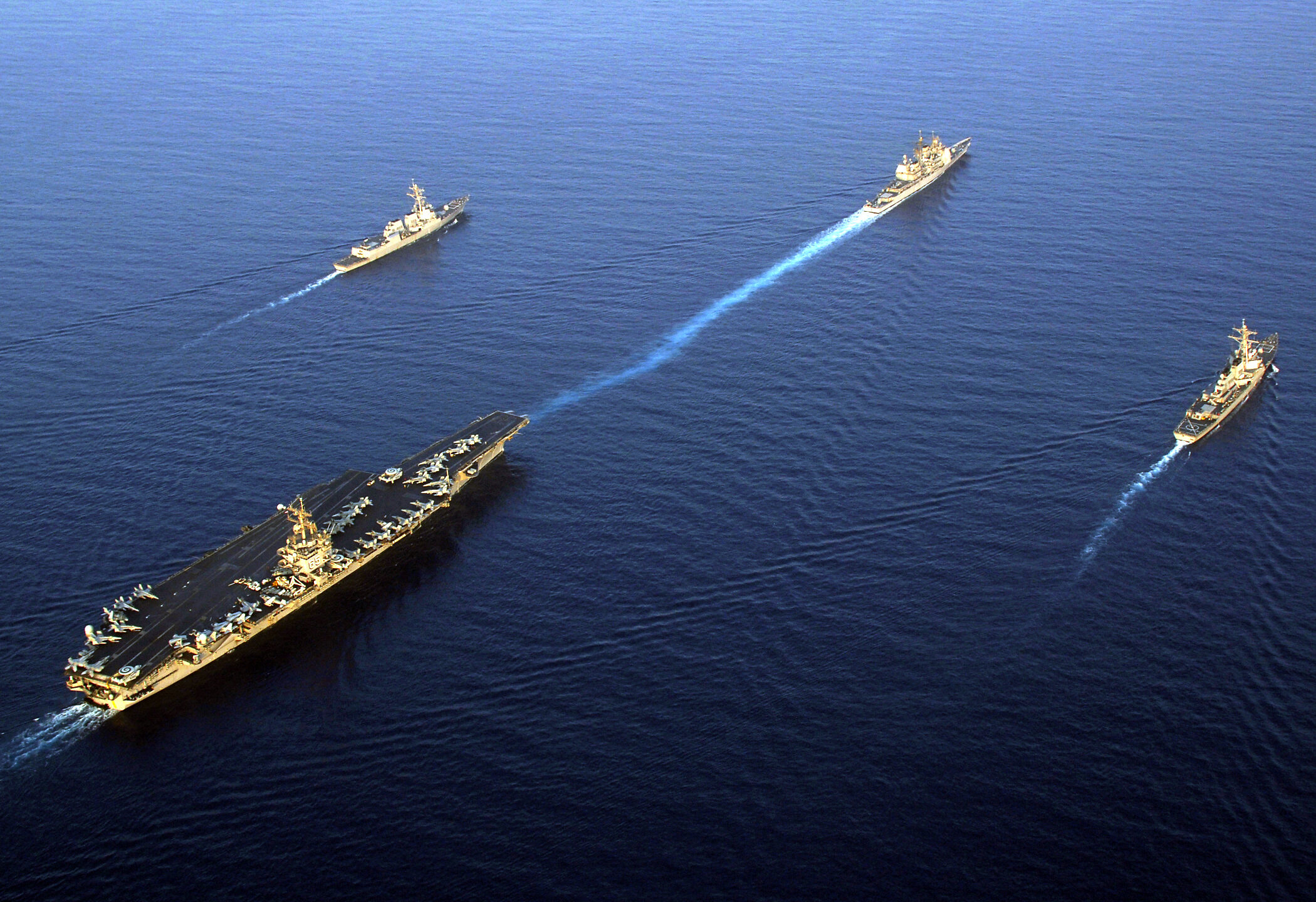December 26, 2023
The U.S. has a serious problem in the Red Sea as it tries to manage conflict in the Middle East

A decade ago, the Houthis were a ragtag group of fighters based in the north of Yemen that most people hadn’t even heard of. Today, the movement-turned-de facto government in Yemen is causing so much trouble in the Red Sea that some of the world’s largest shipping companies are no longer sailing through its waters.
Since the Israel-Hamas war erupted Oct. 7, the Houthis have taken potshots against civilian vessels in the Bab el-Mandeb Strait chokepoint heading into the Red Sea. Attack drones and ballistic missiles have been launched from Houthi-controlled areas along Yemen’s coastline, some of which have caused minor damage. U.S. warships in the area have responded to multiple distress calls. On Dec. 16, the USS Carney shot down 14 one-way drones in what has been the most significant armed engagement in those waters to date.
As you would expect, companies aren’t thrilled with the idea of taking their chances and traveling through an area that looks increasingly like a war zone. Insurance for ships carrying everything from oil to agricultural products are now at sky-high rates. BP, the energy conglomerate, is no longer using the Red Sea out of abundance of caution. More than 100 container ships that would ordinarily sail through the Red Sea as a shortcut toward the Suez Canal have taken the longer journey around Africa to get to the same destination.
President Joe Biden’s administration recognizes it has a problem. U.S. officials have weighed military options against the Houthis. Yet for a president who is seeking to prevent the Israel-Hamas war from spreading to the region’s other fault lines, U.S. strikes on the Houthis would run the risk of doing exactly that. Analysts and pundits advocating for U.S. military action in Yemen fail to appreciate the escalatory nature of their recommendation. Some key countries in the Middle East would agree; Saudi Arabia has advised restraint on the part of the U.S. over concern that its own set of peace talks with the group would collapse otherwise.
More on Middle East

By Jennifer Kavanagh and Dan Caldwell
June 28, 2025

By Rosemary Kelanic and Jennifer Kavanagh
June 25, 2025

Featuring Rosemary Kelanic
June 25, 2025
Events on Houthis





